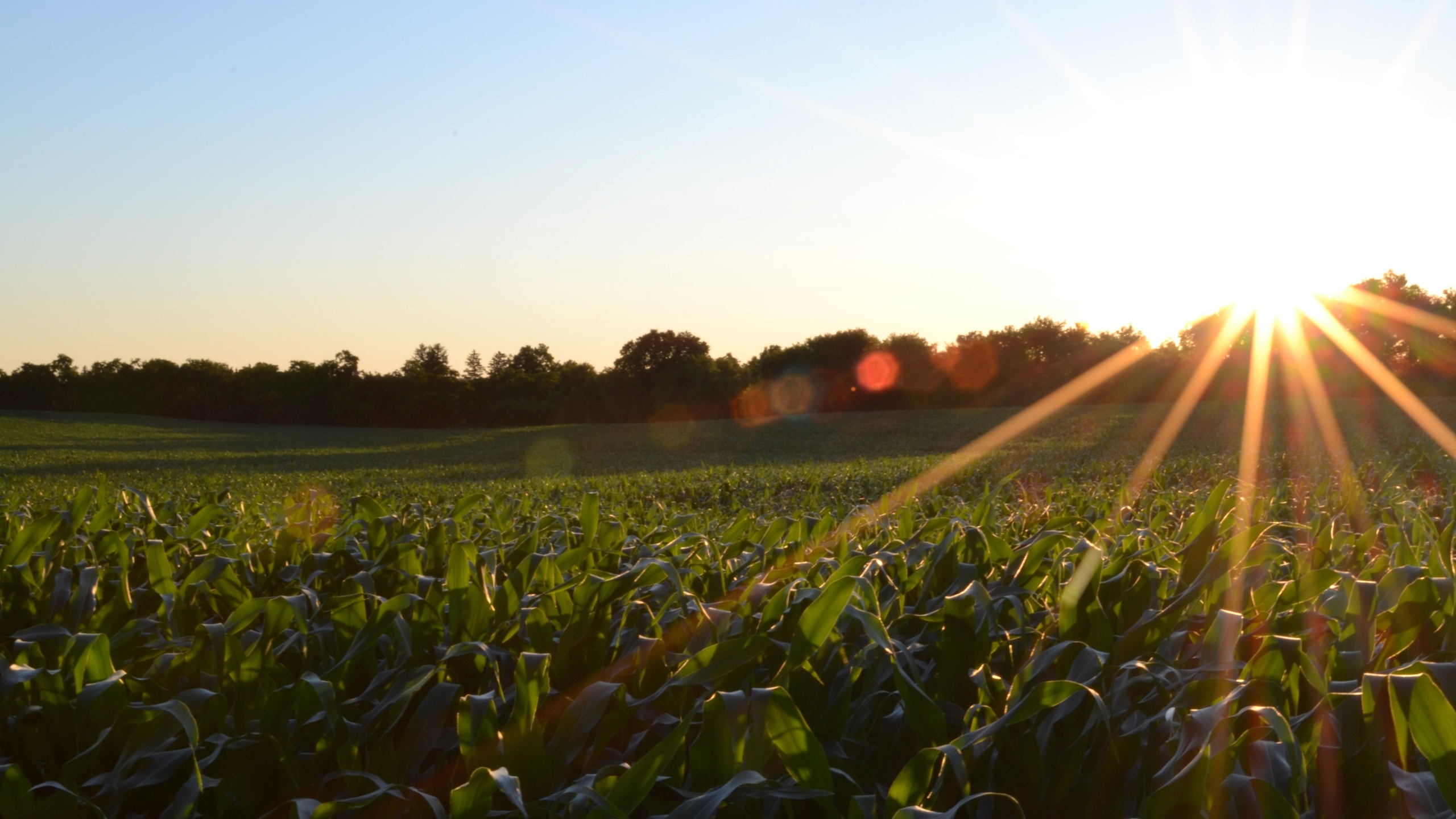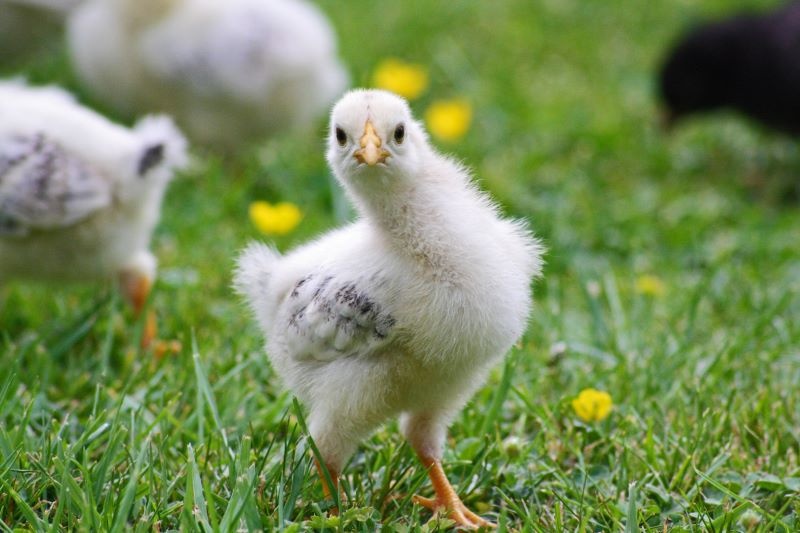Cellular Agriculture: Year in Review 2020
January 2020
We also see BlueNalu and Mosa Meat announce strategic partnerships with Dutch company Nutreco to supply ingredients to produce their cell culture media.
Interestingly, the Singapore Food Agency shared that it has been developing a comprehensive regulatory framework for novel foods, including cellular agriculture, since 2018. We'll return to that at the end of 2020.

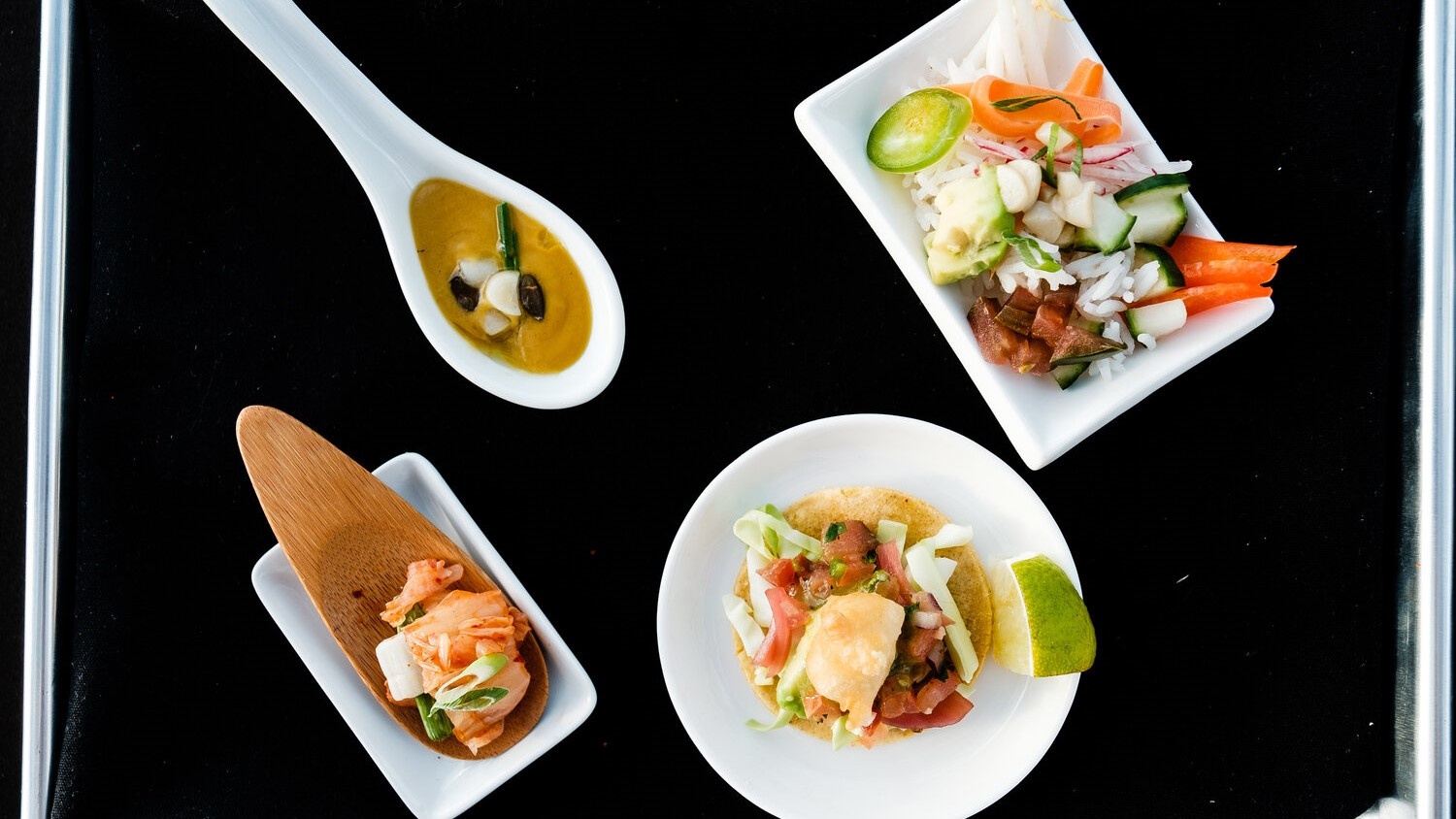
February 2020
Aleph Farms also announced the launch of its educational complex and its 'Z-Board', an advisory board of youth from Gen Z
We also see BIOMILQ sharing its proof of concept for developing cell-cultured human breast milk.
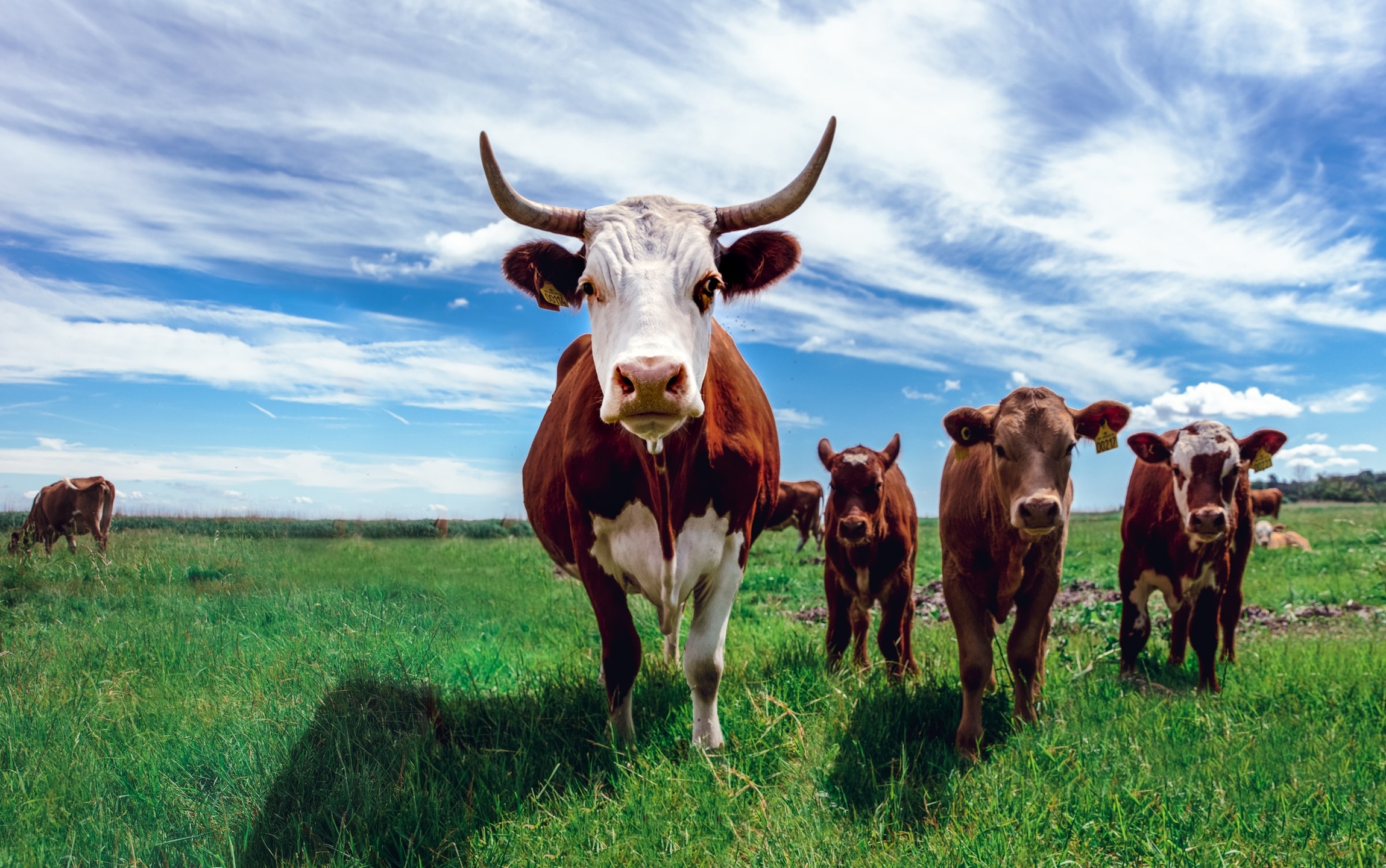
April 2020
April 2020 marked a strong start to the second quarter of 2020 for cellular agriculture.
Perfect Day announced the company received a letter of no objection from the FDA about its GRAS determination for its flora-based whey protein to bring their cell-cultured dairy protein to market
Geltor Inc. also announced the launch of its latest product: Elastapure, the first human elastin protein designed for skincare use.
We also see Aleph Farms announce its new sustainability strategy: to eliminate emissions associated with their cell-based meat production by 2025 and reach the same net-zero emissions across their supply chain in 2030.
May 2020
In May 2020, both CUBIQ FOODS and IntegriCulture announced funding rounds to build the future of food with cellularagriculture
We also see the launch of products by two cellular agriculture companies to market: Bond Pet Foods and Perfect Day. Perfect Day's partnership to bring its animal-free dairy to market is a great achievement that highlights a path to market for other acellular companies.
At the same time, the new documentary Meat The Future by Liz Marshall premiered in Canada as one of the first to track the cell-based meat sector from its early days in 2016 through 2019 with Memphis Meats.
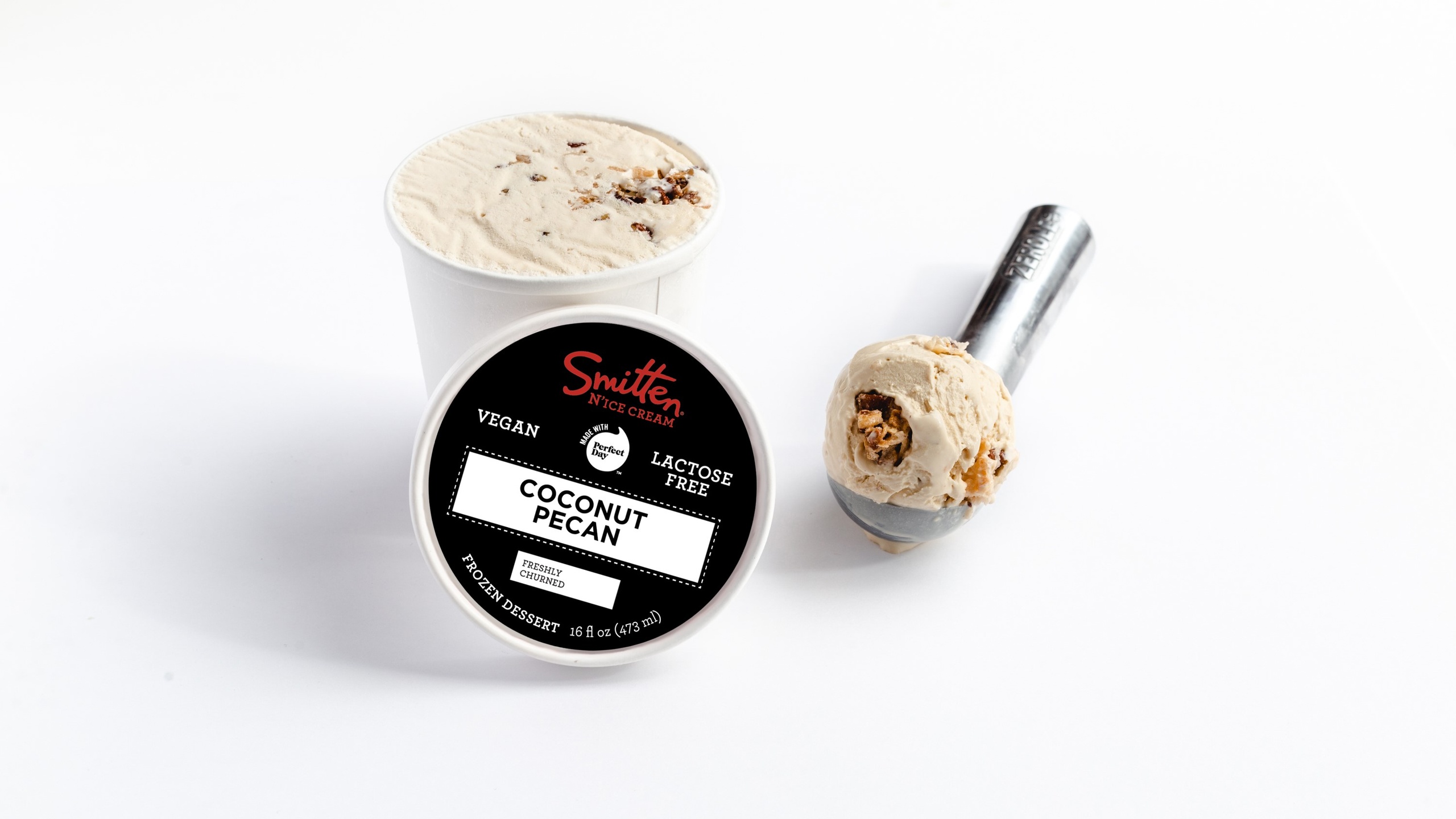
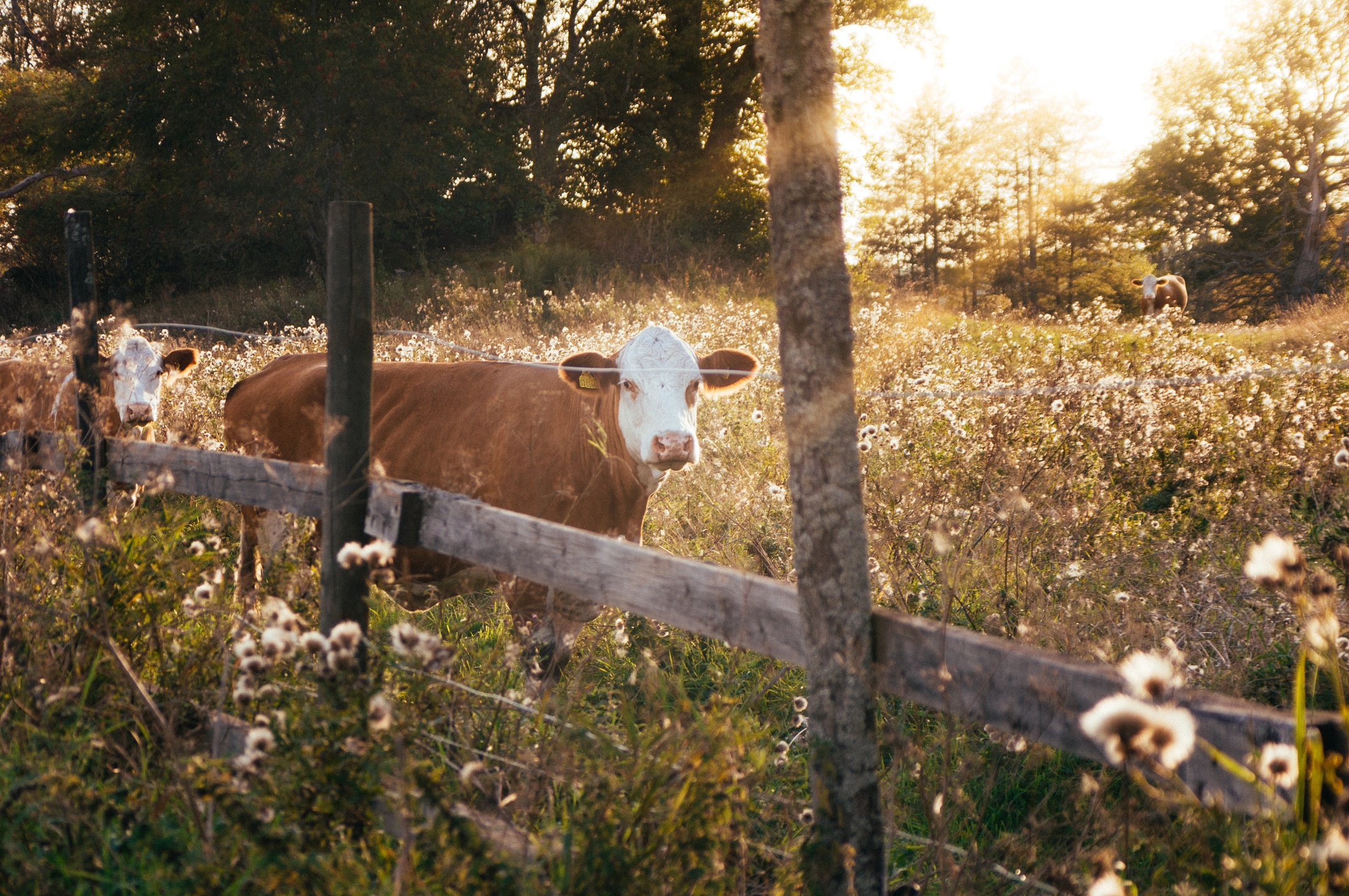
June 2020
In June 2020, both BIOMILQ and TurtleTree Labs announced seed funding rounds to develop cell-cultured human breast milk. Shiok Meats also raised its bridge funding round to develop cell-based seafood.
We also see BlueNalu and Mosa Meat announce and move into their pilot plant facilities in California and Netherlands, respectively. Pilot plant development is an important stepping stone for cell-based meat companies to validate how their production process will look like at scale.
CellAgri also launched our new website! From the new Events and Report pages to Job Board, we added more ways to engage the entire cellular agriculture ecosystem.
July 2020
July 2020 was an incredible way to start the third quarter for cellular agriculture.
Perfect Day made history and announced the largest funding round to date for a cell ag company with its $300 million expanded Series C round to make its animal-free dairy.
Geltor also raised a massive $91.3 million in its Series B funding to make animal-free collagen and ingredients.
With over 5 investments this month, the cellular agriculture field reached a major milestone: more than $1 billion has been invested into cell ag companies with a focus on food.
This is an incredible landmark for the field. It shows that cellular agriculture can be done. It can become the future of food.
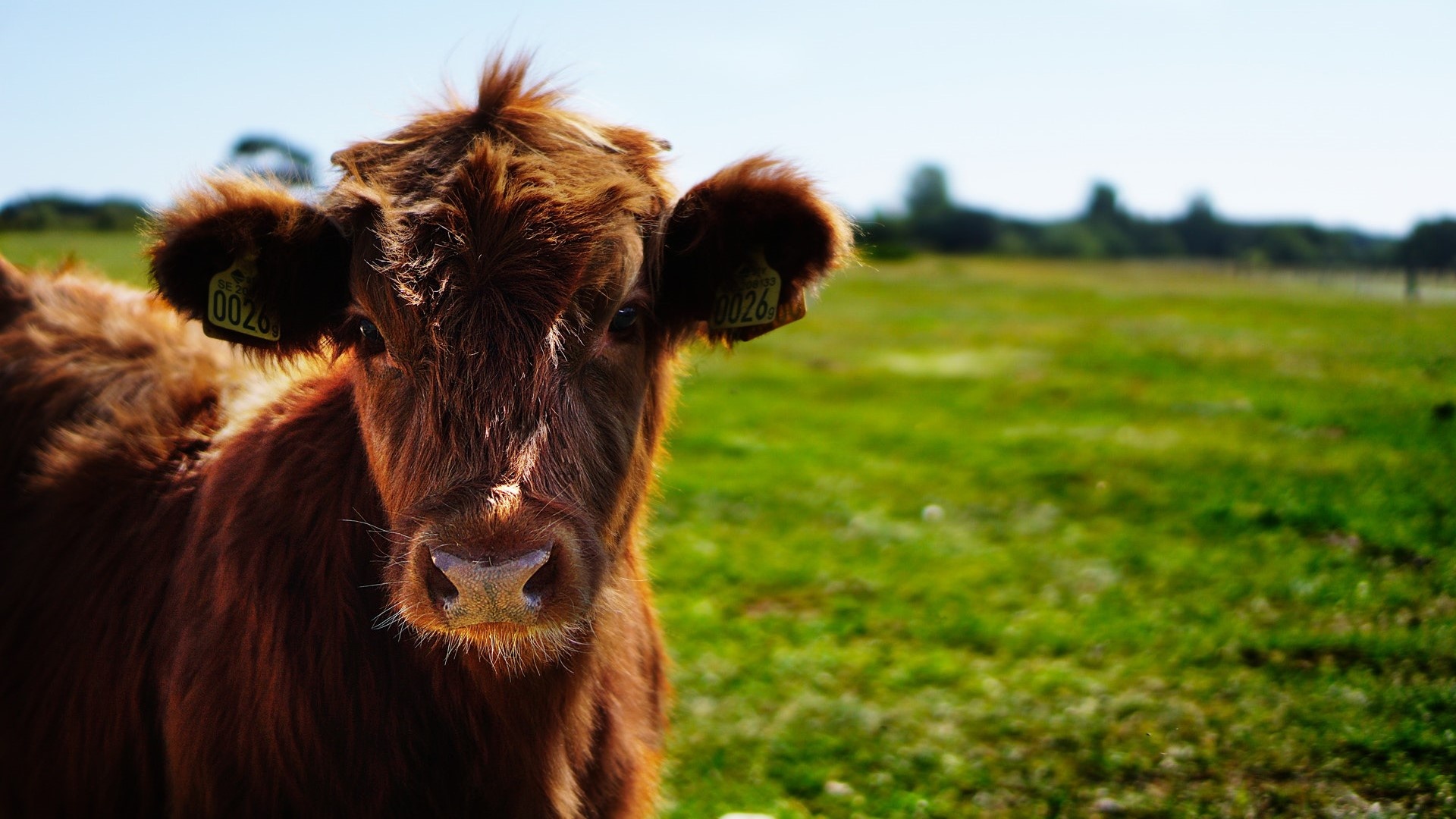
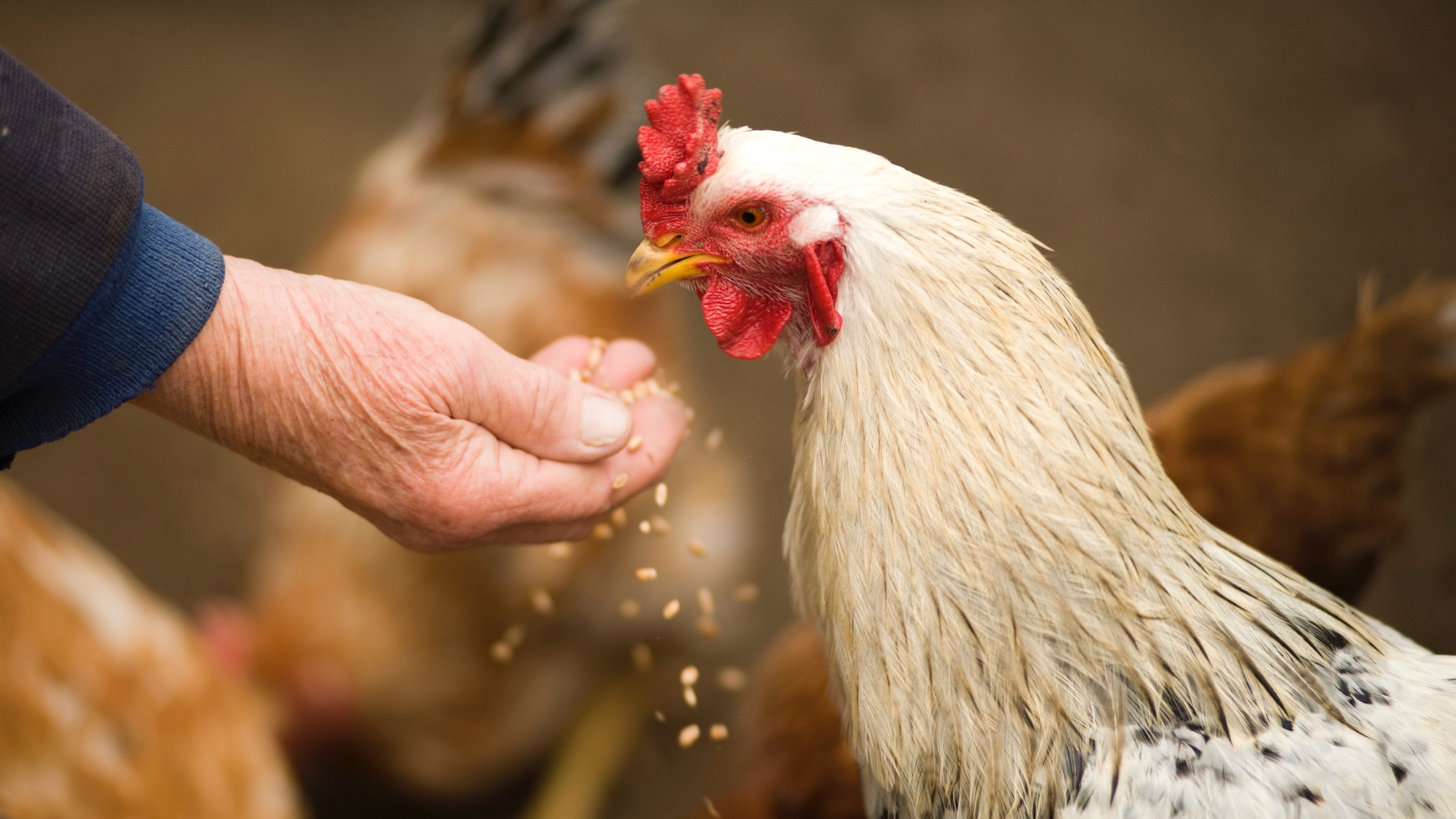
August 2020
Cell-based meat and fat startup Mission Barns announced its plans to run a curbside taste test of its Mission Bacon in California.
From ORF Genetics and Matrix Meats to Future Fields, it's promising to see more startups focusing on the cell-based meat supply chain sharing progress this month.
September 2020
September 2020 a strong end to the third quarter for cellular agriculture.
Mosa Meat announced the cell-based meat company raised $55M in the first close of its Series B.
In Singapore, Shiok Meats announced the raise of its Series A round to make cell-based seafood.
We also see the first acquisition in the cell-based meat field. Meat Tech announced the company signed an MOU to acquire an unnamed company producing cultured fat tissue for $17.5 million.
It was later announced the company was Peace of Meat.


October 2020
October 2020 was a strong start for the fourth quarter of 2020 for cellular agriculture.
MeaTech 3D officially announce that the company they are acquiring is cultured fat company Peace of Meat for $17.5 million.
One year after growing the first cell-based meat in outer space, Aleph Farms announces the launch of its Aleph Zero Space Program.
CellAgri also announced the launch of our Cellular Agriculture Investment Report Series. From breaking down how over $1 billion has been invested into the field to cell-based meat supply chain, the report breaks the pain points and opportunities in the future of food.
November 2020
There were 6 new cell-based product showcases in November 2020 alone. Prior to November, there had been 5 new cell-based product showcases in 2020.
From Avant Meats and Lab Farm Foods to Aleph Farms and Shiok Meats, companies around the world showcased their latest product prototypes to make the future of food.
On top of that, SuperMeat launched the first cell-based meat restaurant experience at its test kitchen, The Chicken.
We also see the launch of Jellatech as the first cell-based collagen and gelatin startup, showcasing its proof of concept by making a small cell-based jelly out of marine collagen.

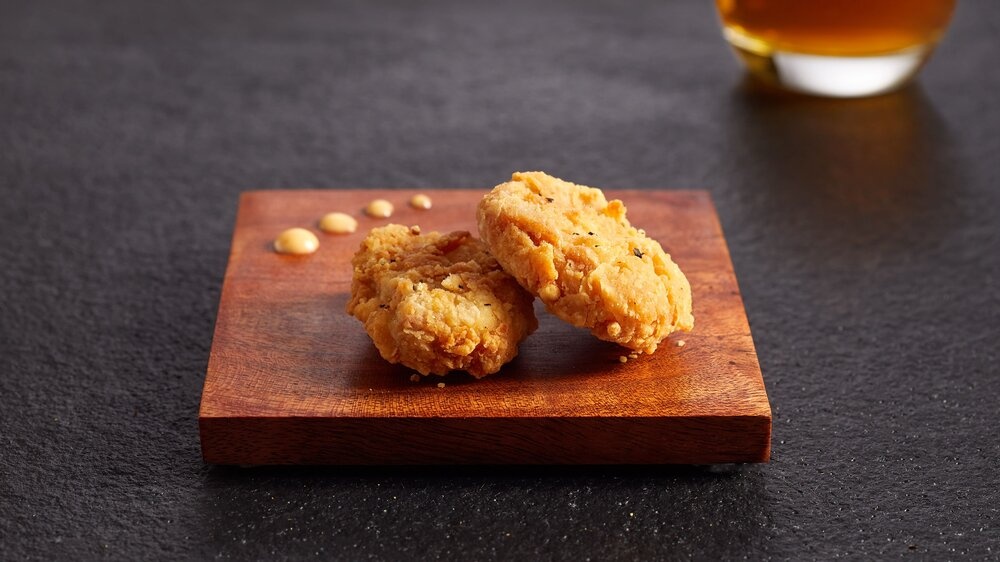
December 2020
December 2020 was a remarkable end to a historic year for the cellular agriculture industry.
From follow-up funding rounds to seed funding rounds, there were 9 disclosed investments in this December.
And that wasn't the biggest headline of the month.
On December 2nd, Singapore became the first country in the world to give regulatory approval for the sale of the first cell-based meat product by Eat Just.
Ultimately, 2020 may become recognized as the year where cellular agriculture became more than just idea. It became part of the future of food.
At the same time, it’s important to recognize the field’s fortune in these precarious times. These milestones were achieved during a year that has been hard and filled with uncertainty for many as they faced the devastating impact of the Covid-19 pandemic.
While we reflect on the field's successes in 2020, onwards to 2021.

